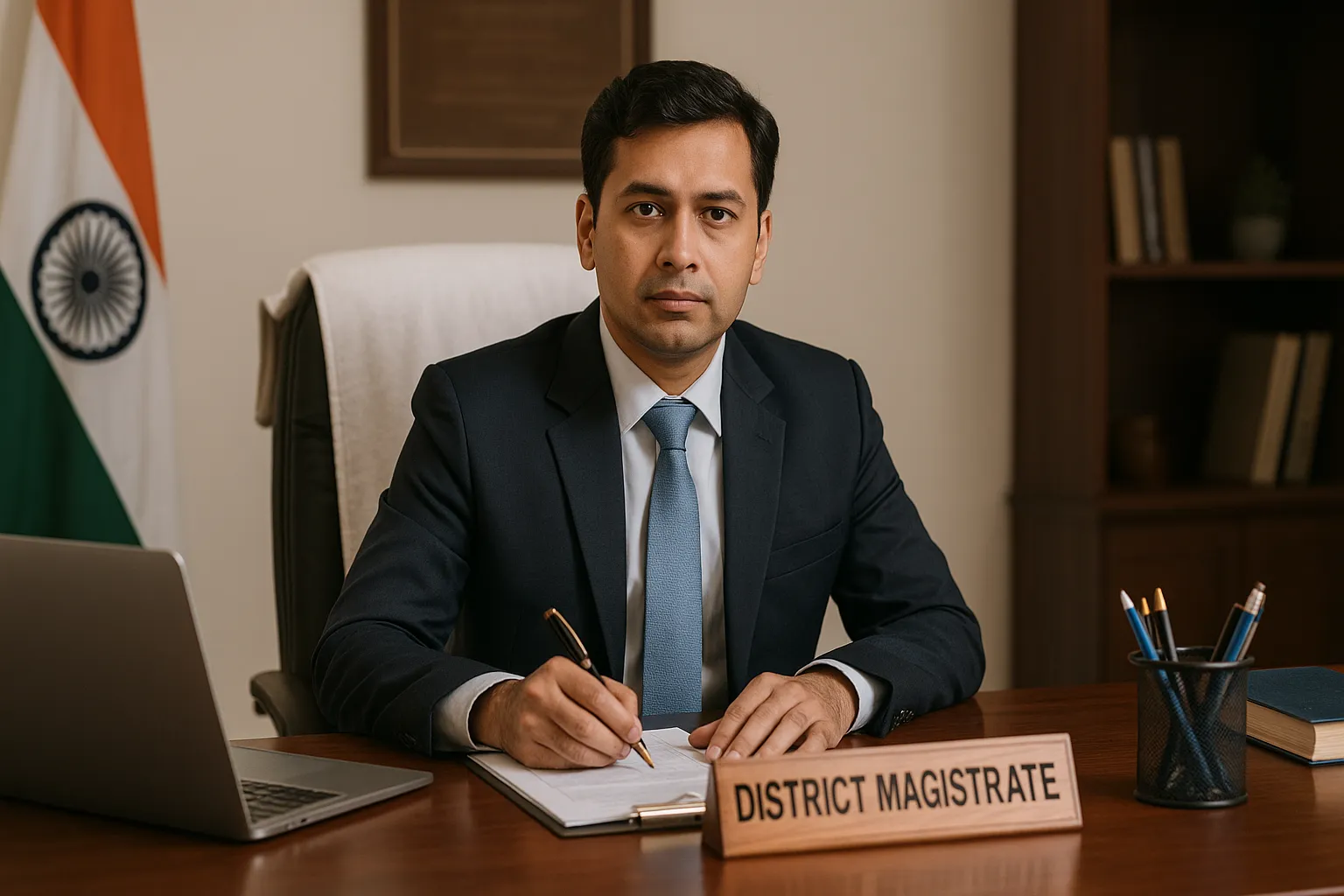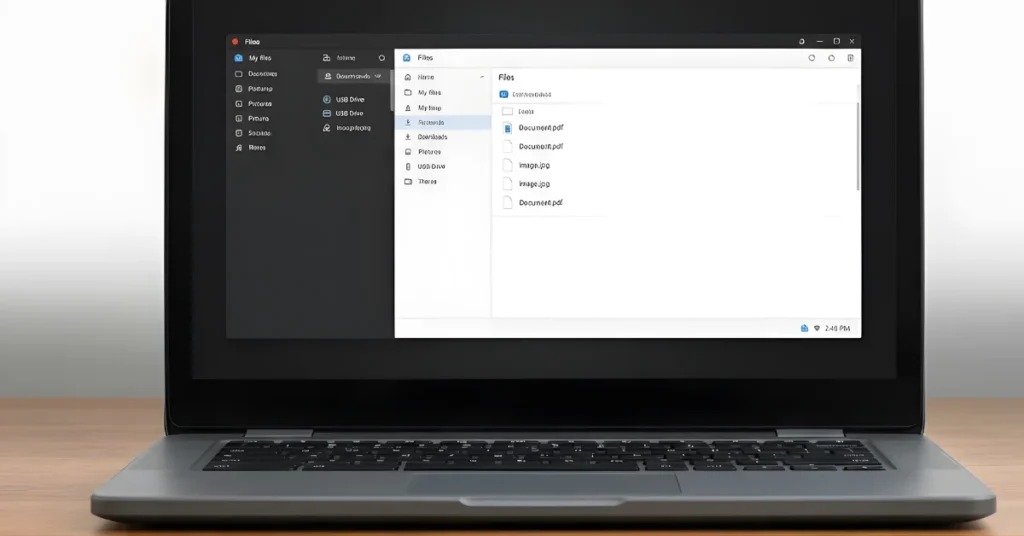Becoming a District Magistrate (DM) is a dream for many in India. A DM is one of the most powerful and respected officers in the district, responsible for administration, law and order, and development work. But if you’ve ever wondered how to become district magistrate, the journey requires dedication, strategy, and a clear understanding of the process.
In this guide, we’ll break down everything from eligibility to preparation tips, whether you’re planning your career after 10th, 12th, or graduation. Let’s explore how you can achieve this prestigious position.
Who is a District Magistrate and What Do They Do?
Before you dive into how to become DM, it’s important to know what the role involves. A District Magistrate is an Indian Administrative Service (IAS) officer appointed as the head of district administration. They handle law enforcement, revenue collection, government schemes, and coordinate between various departments to ensure smooth governance.
In states like Uttar Pradesh and Delhi, the DM is the key authority for maintaining order and implementing policies at the district level.
Educational Path: How to Become a DM After 10th
If you are wondering how to become a DM after 10th, the first thing to understand is that you cannot directly become a DM right after school. The position requires clearing the UPSC Civil Services Examination, which has a graduation degree as the minimum eligibility.
Here’s the roadmap starting from the 10th:
- Focus on your studies and choose subjects you’re comfortable with for higher classes.
- Develop strong reading habits to improve your general knowledge and comprehension skills.
- Participate in debates, quizzes, or leadership activities in school to build confidence.
If you’re also curious about other career paths early on, you might want to explore How to Join NCC After 10th for personality development and discipline building.
How to Become a DM After 12th
Many students start planning their DM journey after finishing school. If you’re asking how to become a DM after 12th, the steps are as follows:
- Choose Your Graduation Subject: While any stream is allowed for UPSC, most candidates choose subjects that overlap with the Civil Services syllabus, such as Political Science, History, or Public Administration.
- Start Early UPSC Preparation: Read NCERT books from classes 6–12, keep updated with current affairs, and practice writing essays.
- Join Coaching or Self-Study: Decide whether you need structured guidance or can prepare independently.
If you want to explore other career ambitions alongside your studies, check out How to Become a Pilot After 12th for an equally challenging career path.
How to Become a DM After Graduation
If you’ve already completed your degree, you can directly focus on the UPSC Civil Services Exam. This is the official route for how to become a DM after graduation.
Steps include:
- Register for UPSC: The exam has three stages – Prelims, Mains, and Interview.
- Dedicated Preparation: Allocate at least 1–2 years for intensive study, including current affairs, optional subjects, and answer writing practice.
- Clear the Exam and Training: Once selected as an IAS officer, you’ll undergo training at LBSNAA (Lal Bahadur Shastri National Academy of Administration) before being posted.
For those exploring teaching as an alternative profession, here’s a detailed guide on how to become a teacher after graduation.
State-Wise Routes: How to Become DM in Delhi and UP
While the UPSC process is the same across India, postings depend on cadre allocation and vacancies.
- How to Become DM in Delhi: You must secure an IAS rank high enough to be allotted the AGMUT cadre (Arunachal Pradesh-Goa-Mizoram and Union Territories), which includes Delhi.
- How to Become DM in UP: Secure an All India Rank (AIR) that allows you to get the Uttar Pradesh cadre during service allocation.
Both Delhi and UP DMs have similar powers but handle different administrative challenges based on the region’s size, population, and governance style.
Exam Pattern and Eligibility To Become A DM
To understand how to become a DM, you need clarity on exam pattern and eligibility.
Eligibility:
- Educational Qualification: Graduation in any discipline.
- Age Limit: 21–32 years for general category (relaxation for reserved categories).
- Nationality: Must be an Indian citizen.
UPSC Exam Structure:
- Prelims: Objective type, testing general knowledge and aptitude.
- Mains: Descriptive type, covering nine papers including essays, optional subjects, and general studies.
- Interview: Personality assessment by the UPSC panel.
Skills You Need to Succeed as a DM
While academic preparation is important, personal skills make a difference:
- Leadership & Decision-Making: To handle district-level crises.
- Communication Skills: To coordinate with government departments and address public concerns.
- Analytical Thinking: For effective policy implementation.
Preparation Tips to Become a District Magistrate
Here’s a simple plan to increase your chances:
- Daily Newspaper Reading: Focus on government policies, national and international news.
- NCERT Books Revision: Build a strong foundation.
- Mock Tests: Practice under timed conditions.
- Optional Subject Mastery: Choose a subject you enjoy and can score well in.
- Stay Consistent: UPSC preparation is a marathon, not a sprint.
Career Path After Becoming an IAS Officer
Once you clear UPSC and complete your training, your career begins as a Sub-Divisional Magistrate (SDM). With experience and performance, you can be promoted to the post of DM.
For those interested in the legal side of governance, you may also explore How to Become a Judge in India.
Life as a District Magistrate
A DM’s day involves reviewing development projects, handling law and order issues, chairing meetings, and responding to emergencies like floods or public protests. While the role is demanding, it brings immense satisfaction from serving the public directly.
If you’re curious about other challenging career journeys, you might like reading How to Join Merchant Navy After 10th for a life of discipline and travel.
Final Thoughts
The journey of how to become district magistrate is not just about clearing an exam – it’s about developing the mindset and dedication to serve the public. Whether you start planning after 10th, 12th, or graduation, consistency and a passion for governance are key to success.
For more career guides, tips, and step-by-step answers to all your “how” and “why” questions, explore NutBolt India, your trusted source for knowledge across every domain.













